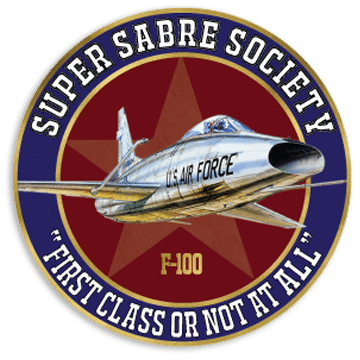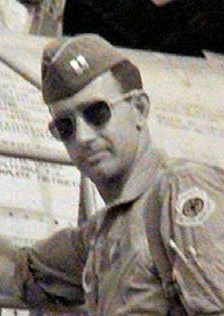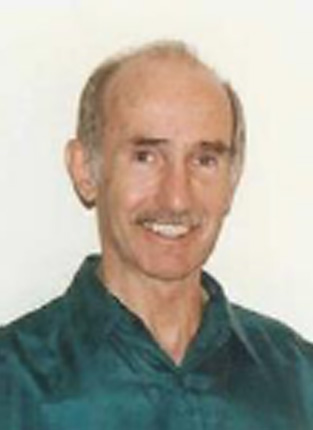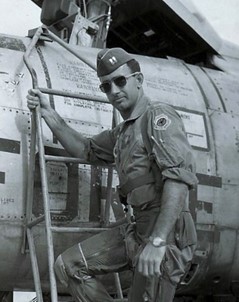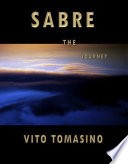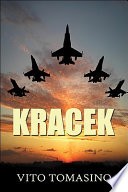Born in Brooklyn, New York in 1933, I was only eight years old when Japanese bombs rained down on Pearl Harbor pulling America into WWII. As I watched the images of war flash before me in a darkened theater in Bellmore, New York, I silently vowed to be in the next one.
The words of my high school friends echoed in my ears as I signed the papers: “Are you crazy…join the Marines and go to Korea. You’ll get yourself killed.” “I don’t want anyone else doing my dying for me,” I recall saying. But, they may have been half right. I arrived in Korea about three weeks before the war ended; time enough to get shot at and missed.
The truce reestablished the DMZ at the 38th Parallel, requiring us to dig new trench lines, build new fighting positions, and lay miles of concertina barbed wire. Navy and Marine Panther jets buzzed our position almost every day as we labored on the ground. That’s when I realized my future was up there, with them. A year and a half later I walked out of the Brooklyn Navy Yard in my Marine dress greens, spit-shined shoes, and discharge papers in hand, with the confidence that I could do anything.
Thanks to the USAF Aviation Cadet Program, and some great instructors, I would become a fighter pilot. I graduated from Greenville, Mississippi with Class 57R; then checked out in the F84F at Luke AFB, before going on to the F-100A at Nellis. My first operational duty assignment was with the 494th Fighter Bomber Squadron (later changed to Tactical Fighter Squadron) in Chaumont, France. Before the Intercontinental Ballistic Missile came of age the F-100 Super Sabre (before it, the F-84F) was America’s first strike nuclear weapon.
My Commander, Major William T. Whisner, was a triple ace of WWII flying P-51s, who chalked up another six and a half kills in the F-86 during the Korean War. He was a fighter pilot’s fighter pilot and an outstanding leader. I was honored to be in his squadron, to share the same sky. Our paths would cross again at Homestead AFB during the Cuban Missile Crisis and in Vietnam. He retired as a full colonel with thirty years of service and died in 1989 due to complications from a yellow jacket sting. Ironically, one of our greatest fighter aces was shot down by a bee.
I had two short tours in Vietnam (1964 and 1965), the first as an ALO/FAC—mostly on the ground with the 1st Arvin Regiment; the second, with the 429th TFS out of Cannon AFB. Thanks to the dedication and hard work put in by my Crew Chief, AIC Brackenbury, we flew 100 missions in 100 days.
When Muammar Gaddafi brought down the Senusi regime of King Idris, I was there, training the fighter pilots of the Libyan Air Force; one of whom was killed on a night mission over Tripoli. After a Search and Rescue operation failed to find him, I suggested to the Libyan Air Force Commander, Lt. Col. Hasumi, that we fly the “Missing Man Formation” in a special ceremony honoring Lt. Fahti Tera as a hero of the revolution. He took the idea to Gadaffi, who, recognizing its political value, approved it, but without being told an American would be leading the flight; nor was I until Hasumi got back.
Given the renewed anti-American sentiment, I tried to discourage the idea, but he was adamant and uttered something in Arabic about the revolution that did not need interpretation to be understood. “Lah!” He said, as forcefully as I have heard the word “no” spoken in any language. “No one has done more for Fahti than you, and if you do not lead it, we will not fly it.”
Lt. Tera deserved the honor, but not at the cost of a man’s career, perhaps even his life. However, Hasumi’s request to fly the MMF had already been approved. If it was not flown he would surely incur Gadaffi’s wrath. I had to think fast. “Consider this, Colonel, I will lead the flight, but from the back seat of an F-5B with a Libyan pilot up front. I can provide any guidance he may need, but it will be his hands on the controls, not mine.”
Hasumi smiled and said: “I will accept that.”
To risk antagonizing the leader of a revolution on personal principle takes a courage I have seen in few other men.
The two years I spent in Libya were the most challenging and most rewarding of a twenty-five-year military career. The “Missing Man Formation” (successfully flown without repercussions for the Colonel) was one of many memorable events I am now able to share through my writing and thus, experience again.
I started my literary career late in life and have written only three books, each a different genre. All three, however, ring with the same authenticity…the same truth that could only come from one who “walked” in that history.
The books are posted as free downloads on my website: www.kracek.com.
